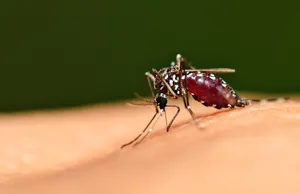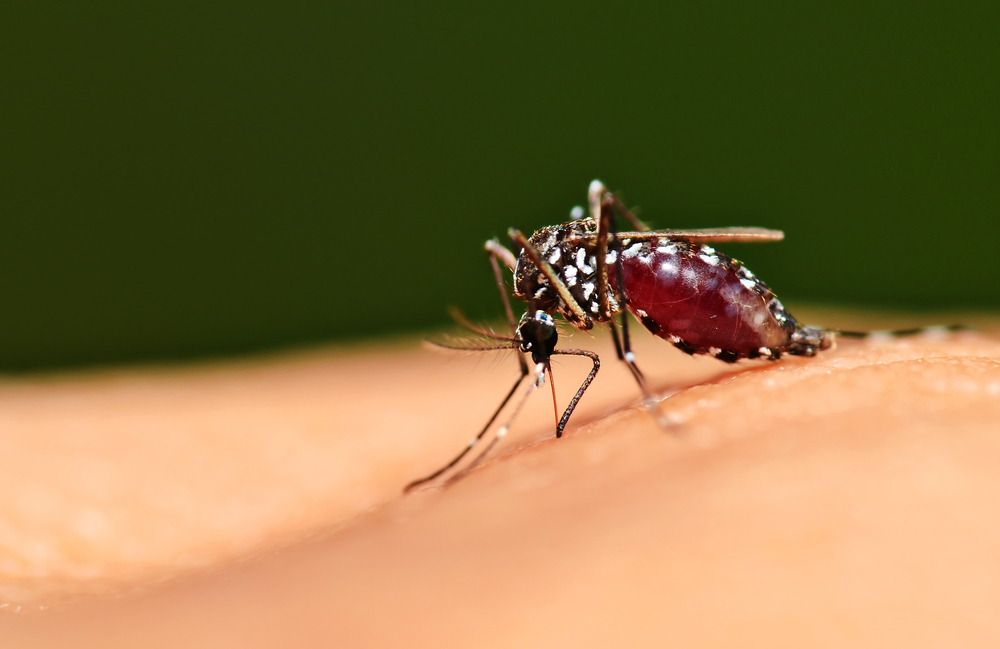
DEET, a chemical called N,N-Diethyl-meta-toluamide, was created by the U.S. military in 1946 as an oil that emits an unpleasant smell for insects and repels them during their initial encounter with the substance. However, scientists at the London School of Hygiene and Tropical Medicine found that mosquitoes were able to become resistant to the smell after being exposed to it numerous times.
During the lab study, researchers lured mosquitoes with an arm covered in DEET. At first the mosquitoes were repelled by the substance, but after a few hours, when exposed again, the bugs were not repelled.
After placing electrodes on the insect’s antennae, scientists discovered that after numerous exposures, the mosquitoes more desensitized to the chemical.
“There is something about being exposed to the chemical the first time that changes their olfactory system…it changes their sense of smell…and their ability to smell DEET, making it less effective,” says Dr. James Logan, researcher from the London School of Hygiene and Tropical Medicine. “The more we can understand about how repellents work and how mosquitoes detect them; the better we can [find out] when they do become resistant to repellents.”
Source: Fox News



